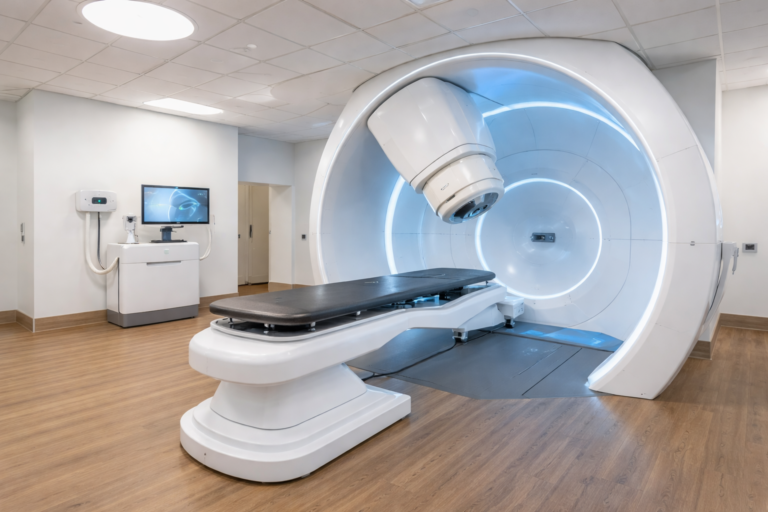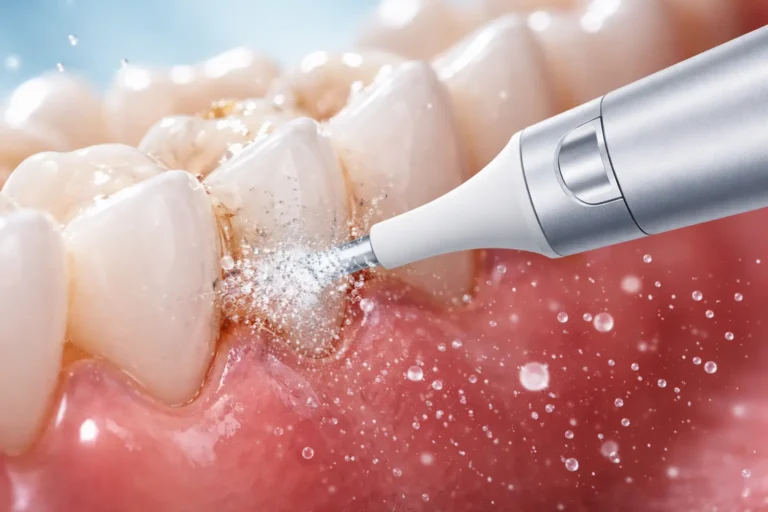
BlueWind Medical, Ltd., a leader in implantable Tibial Neuromodulation (iTNM) and the developer of the Revi® System for urge urinary incontinence (UUI), has announced the publication of a comprehensive meta-analysis in the October issue of Advances in Therapy. Titled “Sacral and Implantable Tibial Neuromodulation for the Management of Overactive Bladder: A Systematic Review and Meta-analysis,” the study underscores the efficacy and safety of iTNM for treating UUI and overactive bladder (OAB), positioning it as a strong alternative to sacral neuromodulation (SNM). The findings are especially relevant for the Revi System, which utilizes iTNM technology.
The meta-analysis, which includes data from 20 clinical studies with 1,766 patients, highlights that implantable Tibial Neuromodulation (iTNM) provides comparable efficacy and safety to sacral neuromodulation (SNM). Key findings are:
- Higher Patient Satisfaction: Among patients reporting satisfaction, 88.5% of iTNM patients indicated a “better” or improved Patient Global Impression of Improvement (PGI-I) score, compared to 74.9% for SNM. Therapy satisfaction was also high, with 95.0% of iTNM patients satisfied versus 75.5% for SNM.
- Improved Quality of Life: In studies measuring quality of life, 83.2% of iTNM patients saw a clinically significant increase of at least 10 points in health-related quality of life (HRQoL) scores, compared to just 48.4% of SNM patients.
- Minimally Invasive and Patient-Friendly: iTNM achieves therapeutic benefits without needing a pre-implantation trial phase, fluoroscopy, or general anesthesia, unlike SNM.
- Similar Efficacy: Both iTNM and SNM showed comparable rates in symptom response and reduction in UUI episodes, with iTNM patients experiencing an average decrease of 3.0 episodes per day and SNM patients 3.5 episodes.
- Low Adverse Event Rates: iTNM has a strong safety profile, potentially resulting in lower rates of surgical re-intervention and explant compared to historical SNM data, suggesting similar safety for managing UUI and OAB.
Dr. Cindy Amundsen, lead author of the meta-analysis from Duke University, noted, “Recent data show that allowing patients to interact with their device and adjust treatment settings leads to a more personalized therapy. As guidelines support earlier use of implantable neuromodulation, this approach could prevent the long-term use of drug therapies, which often cause dissatisfaction.”
These findings align with recent guidelines from the American Urological Association (AUA) and the Society of Urodynamics, Female Pelvic Medicine & Urogenital Reconstruction (SUFU), recommending earlier consideration of minimally invasive therapies for OAB and UUI, especially given concerns about the long-term effects of anticholinergic medications.
“The publication of this meta-analysis is a significant milestone for the Revi System as an innovative solution for urge urinary incontinence,” said Dr. Roger Dmochowski, Chief Medical Officer of BlueWind Medical. “We are committed to enhancing treatment options and improving the quality of life for patients with UUI and OAB.”
BlueWind Medical is focused on transforming neuromodulation therapy through continuous innovation and a patient-centered approach. The Revi System is the first implantable tibial neuromodulation device activated by a battery-operated external wearable, providing a unique therapeutic option that meets the evolving needs of patients and healthcare providers.




